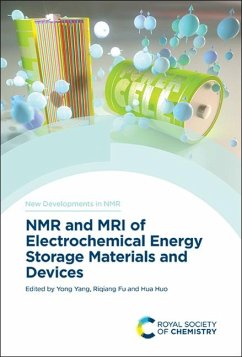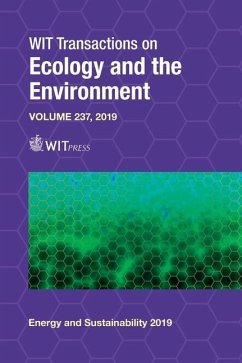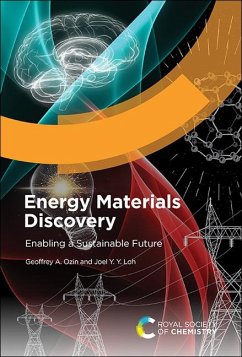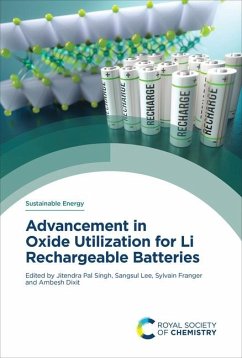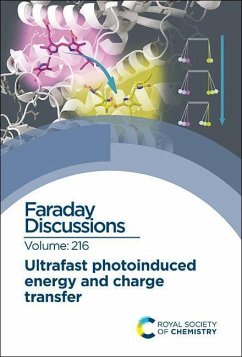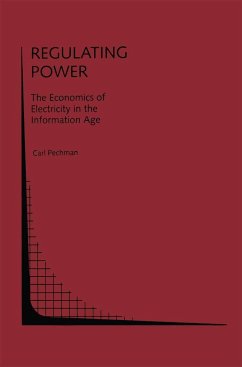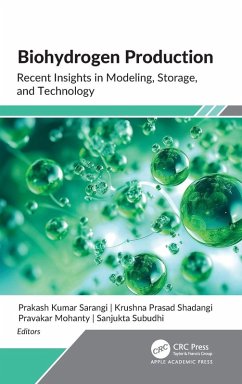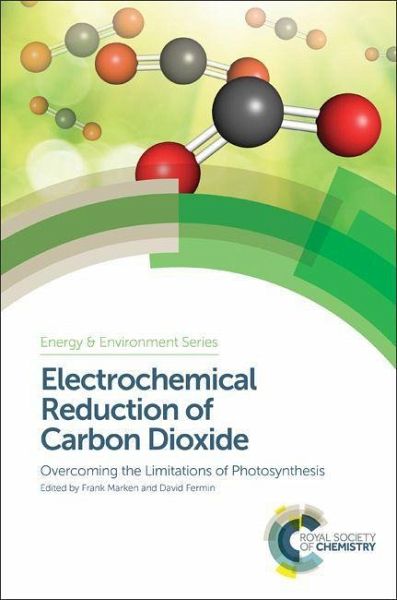
Electrochemical Reduction of Carbon Dioxide
Overcoming the Limitations of Photosynthesis
Herausgeber: Marken, Frank; Fermin, David
Versandkostenfrei!
Versandfertig in über 4 Wochen
183,99 €
inkl. MwSt.

PAYBACK Punkte
92 °P sammeln!
One of the crucial challenges in the energy sector is the efficient capture and utilisation of CO2 generated from fossil fuels. Carbon capture and storage technologies can provide viable alternatives for energy intensive processes, although implementation of large-scale demonstrators remains challenging. Therefore, innovative technologies are needed that are capable of processing CO2 emission from a wide range of sources, ideally without additional fossil energy demand (e.g. solar driven or overcoming the limits of photosynthesis). This book covers the most recent developments in the field of ...
One of the crucial challenges in the energy sector is the efficient capture and utilisation of CO2 generated from fossil fuels. Carbon capture and storage technologies can provide viable alternatives for energy intensive processes, although implementation of large-scale demonstrators remains challenging. Therefore, innovative technologies are needed that are capable of processing CO2 emission from a wide range of sources, ideally without additional fossil energy demand (e.g. solar driven or overcoming the limits of photosynthesis). This book covers the most recent developments in the field of electrochemical reduction of CO2, from first-principle mechanistic studies to technological perspectives. An introduction to basic concepts in electrochemistry and electrocatalysis is included to provide a background for newcomers to this field. This book provides a comprehensive overview for researchers and industrial chemists working in environmental science, electrochemistry and chemical engineering.



